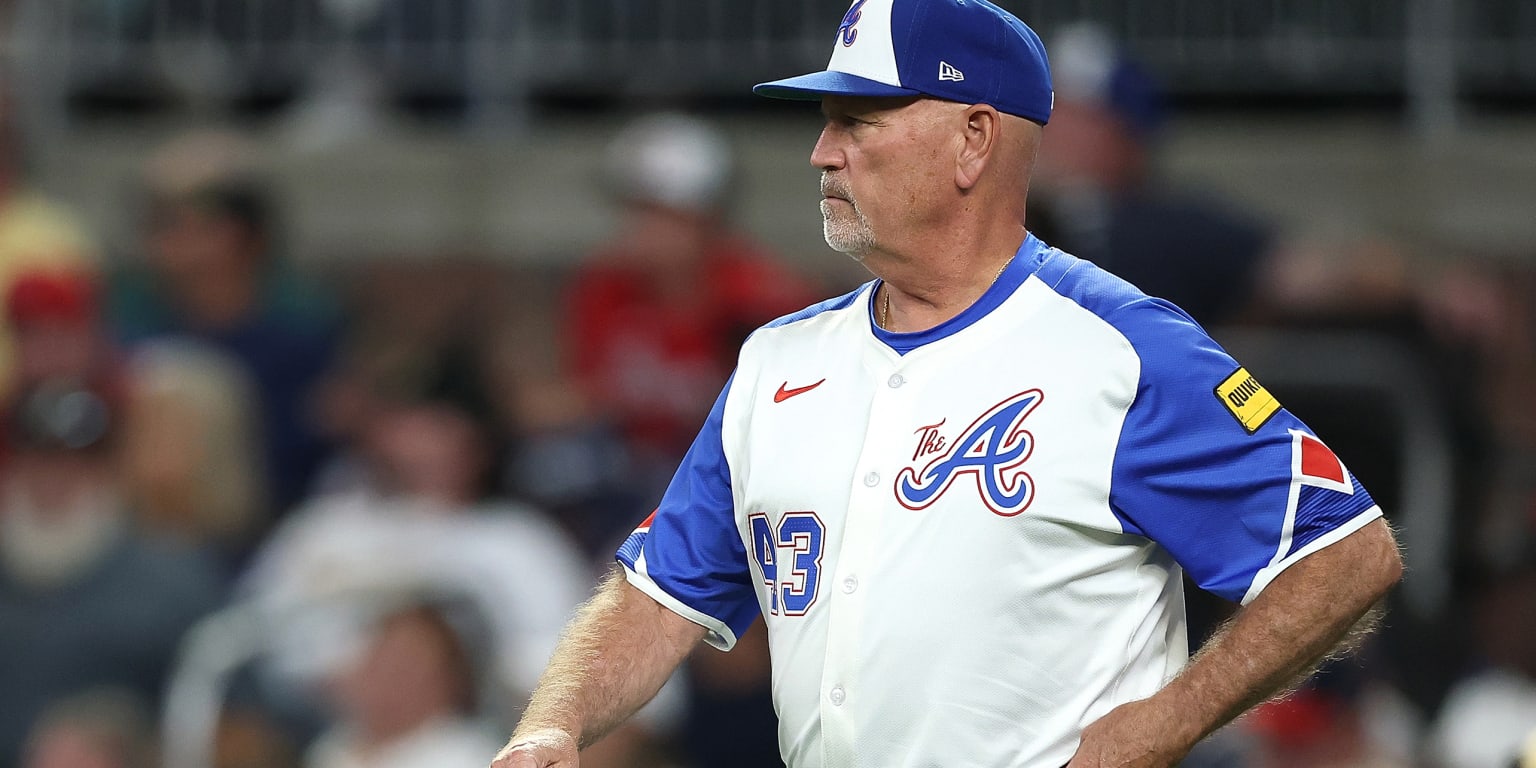When the Mound Breaks: The Braves’ Season of Pain, Promise, and the Case for Chris Sale
There’s something almost cruel about the way baseball tests its believers. One moment, the Atlanta Braves were built to dominate — a powerhouse rotation, a lineup of heavy hitters, a franchise humming with purpose. And then, piece by piece, the game began to take back what it had given. It started in April, when the injuries felt like unfortunate coincidences. By July, they had become the story. By September, they were the season.

All five pitchers who opened the year in the Braves’ starting rotation landed on the injured list at least once. Five. It’s a number that reads like a bad punchline, the kind you force a laugh at just to keep from crying. From strained forearms to sore shoulders, the rotation that was supposed to carry Atlanta back to glory simply crumbled under the grind.
As the year dragged on, the injury report became a familiar heartbreak. Joe Jimenez — one of the bullpen’s emotional anchors — shut down again, this time with renewed pain in his surgically repaired knee. Manager Brian Snitker tried to sound steady, but his words carried a weary finality: Jimenez wouldn’t return this season. And neither, it seemed, would Reynaldo López or Spencer Schwellenbach, both right-handers lost to long recoveries and uncertain timelines.
By September, the Braves’ dugout felt like a triage unit — a mix of grit, frustration, and forced optimism. The players who were still standing gave everything they had, but everyone knew it: this was not the rotation Atlanta had planned, not the one that was supposed to take them deep into October.
Yet amid all that chaos, one man stood tall — Chris Sale.

The lefty with the icy stare and whip-fast delivery became the one constant in a season full of uncertainty. When Sale took the mound, the energy changed. His command, his intensity, his refusal to back down — they reminded everyone what it felt like to believe again. Even through the bruises of the year, there was something undeniably comforting about watching him work, the kind of comfort only a true ace can give a team that’s been battered by fate.
And that’s why, as the Braves look toward 2026 and beyond, the question isn’t whether they can afford to keep Chris Sale. It’s whether they can afford not to.
Next year, Sale is owed $18 million — a number that feels almost quaint for what he’s still capable of. If he hits the open market after 2025, he could command far more. But money isn’t the only currency that matters here. Sale has made it clear he loves pitching in Atlanta. He’s found a rhythm, a clubhouse that fits, and a team that still expects to win. At this point in his career, that matters as much as any contract line.
For Alex Anthopoulos — the architect of this Braves era — the task is both simple and delicate. He has to be bold enough to lock Sale in, creative enough to make the deal work long-term, and wise enough to know that leadership like this doesn’t come around often. The Braves’ rotation picture beyond 2026 is uncertain: Spencer Strider and Spencer Schwellenbach are the only sure things. Everyone else is a question mark, a “maybe,” a “we’ll see.”
Chris Sale, though — he’s the exclamation point.

Extending him wouldn’t just be a smart baseball move; it would be a declaration of identity. It would tell fans that this team isn’t retreating into excuses or waiting for luck to turn. It’s fighting back, using its history of resilience as fuel. Because that’s what the Braves do. They rebuild without breaking. They retool without surrendering the standard.
There’s something poetic about Sale’s arc, too. A pitcher once defined by dominance, later haunted by injuries of his own, now leading a rotation held together by willpower. Maybe he sees a bit of himself in this 2025 Braves team — talented, bruised, but far from finished.
If there’s any justice left in baseball’s cruel symmetry, the story doesn’t end here. It continues with Anthopoulos shaking hands on an extension that keeps Sale in a Braves uniform through 2027 — a move that gives the rotation stability, the clubhouse a voice, and the fans a reason to believe that the pain of this season wasn’t for nothing.
Because sometimes, when everything breaks, you rebuild not by starting over — but by keeping the one piece still standing and building around it. For the Braves, that piece has a left arm, a fierce heart, and the kind of fire that makes October baseball feel possible again.